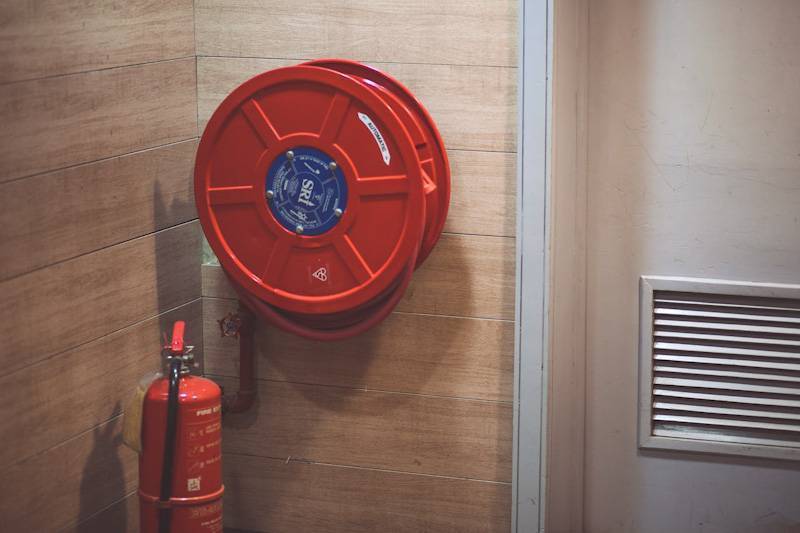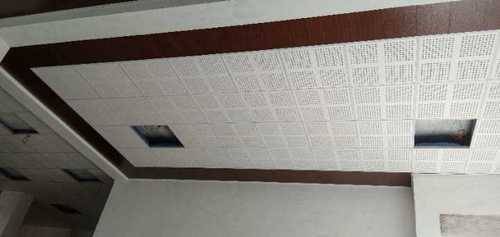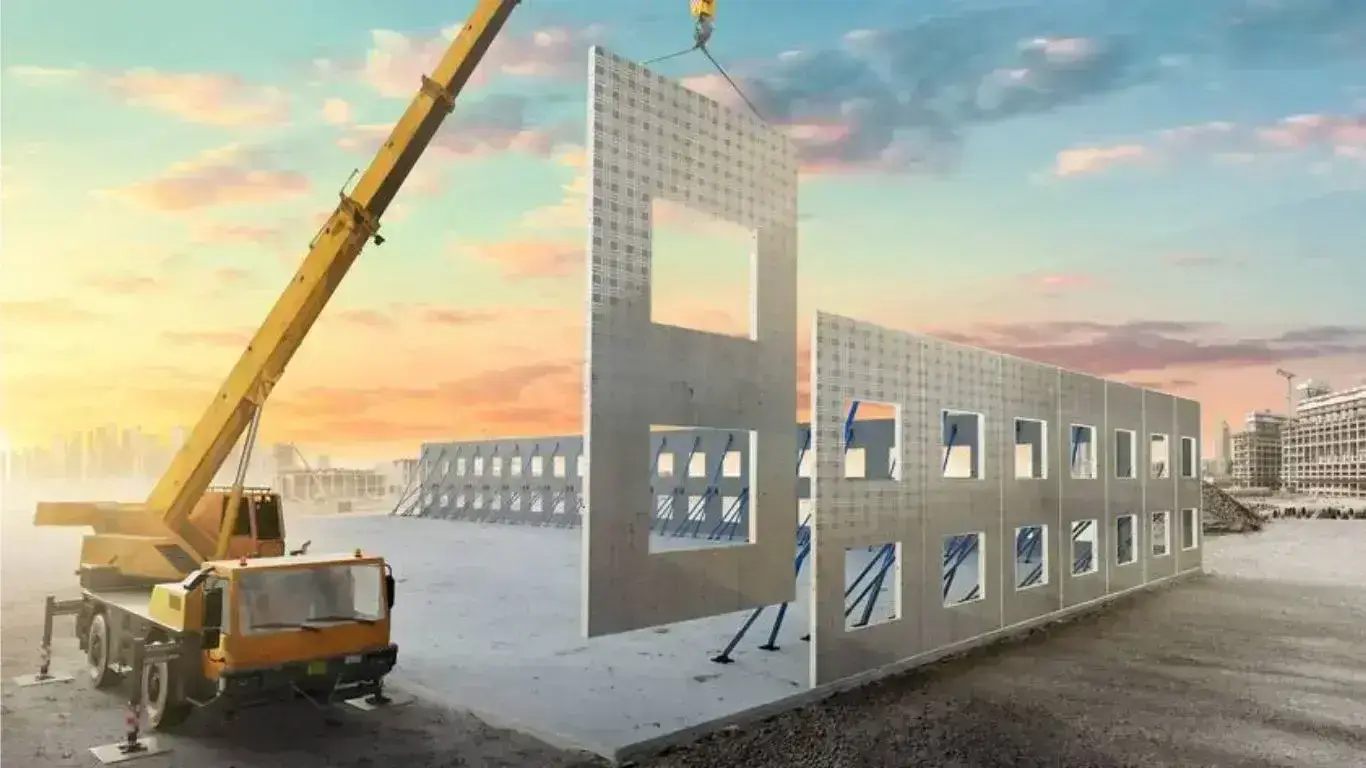The Indian government has introduced a new Quality Control Order (QCO) to improve the safety and efficiency of construction materials used in major projects. The new standards apply to critical materials like ropes, cordages, geotextiles, and industrial textiles, all of which play essential roles in ensuring both worker safety and construction performance.
Overview of the New QCOs
The primary goal of these QCOs is to ensure that the materials used in construction meet strict safety and performance criteria, ultimately benefiting workers, developers, and the environment. Materials such as ropes and cordages are crucial for lifting and transporting goods safely on construction sites, while geotextiles and industrial textiles help with soil stabilization and erosion control. This new initiative will impact the construction industry across India, requiring both manufacturers and construction firms to adhere to the latest standards.
Importance of Construction Materials
The QCOs highlight the significance of using high-quality materials in construction projects. For instance, ropes and cordages are often used to secure scaffolding or handle heavy equipment, so low-quality materials can lead to accidents and site hazards. By ensuring these materials meet higher standards, the government aims to significantly reduce such risks, contributing to a safer working environment for construction workers.
Moreover, geotextiles play a crucial role in soil stabilization, erosion control, and drainage systems. Geotextiles are often utilized in road construction and civil engineering projects to reinforce and stabilize terrain. Poor-quality geotextiles can lead to structural failures, soil displacement, and increased maintenance costs over time. The new standards will ensure that geotextiles used in these critical applications provide consistent and reliable performance.
Lastly, industrial textiles, which are often used in protective clothing for workers or in specific safety gear, will now have to meet higher benchmarks for durability and protection. This improvement is particularly important for hazardous environments where worker safety is paramount. Ensuring that protective materials comply with the new regulations will further enhance the safety of workers in the construction sector.
Implementation Timeline
The new QCO will come into effect on April 1, 2025, giving the construction industry ample time to prepare and adjust. Importantly, the government has allowed an additional three-month grace period for Small and Medium Enterprises (SMEs) to comply with the standards. This phased implementation ensures that smaller businesses, which may face challenges in immediately adopting new practices, are not unduly pressured. The Ministry of Textiles emphasized that the goal of the QCO is not just compliance but the creation of a safer and more sustainable construction environment.
During the preparation phase, manufacturers, suppliers, and construction companies will need to revise their procurement strategies to meet the updated quality standards. This may include re-evaluating their supply chains, working with certified manufacturers, and ensuring that all materials used in construction projects comply with the latest regulations. Training programs for workers, site managers, and procurement teams are likely to become essential to ensure that everyone involved in construction projects understands the new standards and how to comply with them effectively.
Compliance and Monitoring
After the QCO takes effect, manufacturers and suppliers of the materials specified—ropes, cordages, geotextiles, and industrial textiles—will need to adhere to stringent standards. The government will enforce compliance through regular inspections and testing of materials to ensure they meet the established benchmarks. The Ministry of Textiles will also introduce measures to monitor the use of these materials across construction sites to ensure that only certified products are utilized.
For manufacturers, this means investing in technology, testing equipment, and processes to ensure that their products comply with the new regulations. Failure to meet the new quality standards could result in penalties or bans on the sale of non-compliant products. On the construction side, contractors and developers must ensure that the materials they procure meet the updated requirements to avoid project delays or regulatory issues.
Environmental Benefits
The introduction of the new QCOs is also expected to have significant environmental benefits. By ensuring that construction materials meet strict quality standards, the government is promoting sustainability and reducing waste in the sector. High-quality materials tend to last longer, require less frequent replacement, and lead to fewer construction failures, all of which contribute to a more sustainable construction process. Additionally, geotextiles used in environmental protection efforts, such as erosion control or water management systems, will now be held to higher performance standards, furthering the government's environmental objectives.
Long-Term Impact on the Construction Industry
In the long term, these measures are expected to elevate the standards of safety and quality across India's construction sector. As the industry grows, so does the complexity of the challenges faced on construction sites. The implementation of the QCO will simplify material selection for construction companies by providing uniform standards across the board. The consistent use of high-quality materials will reduce accidents, lower project delays, and contribute to higher productivity.
This initiative is also expected to strengthen India’s global competitiveness in the construction industry. By aligning its standards with international benchmarks, India’s construction materials sector will become more attractive to foreign investors and developers. Over time, this could lead to increased export opportunities for certified materials and the development of innovative construction technologies.
Image source- indiamart.com









.png)